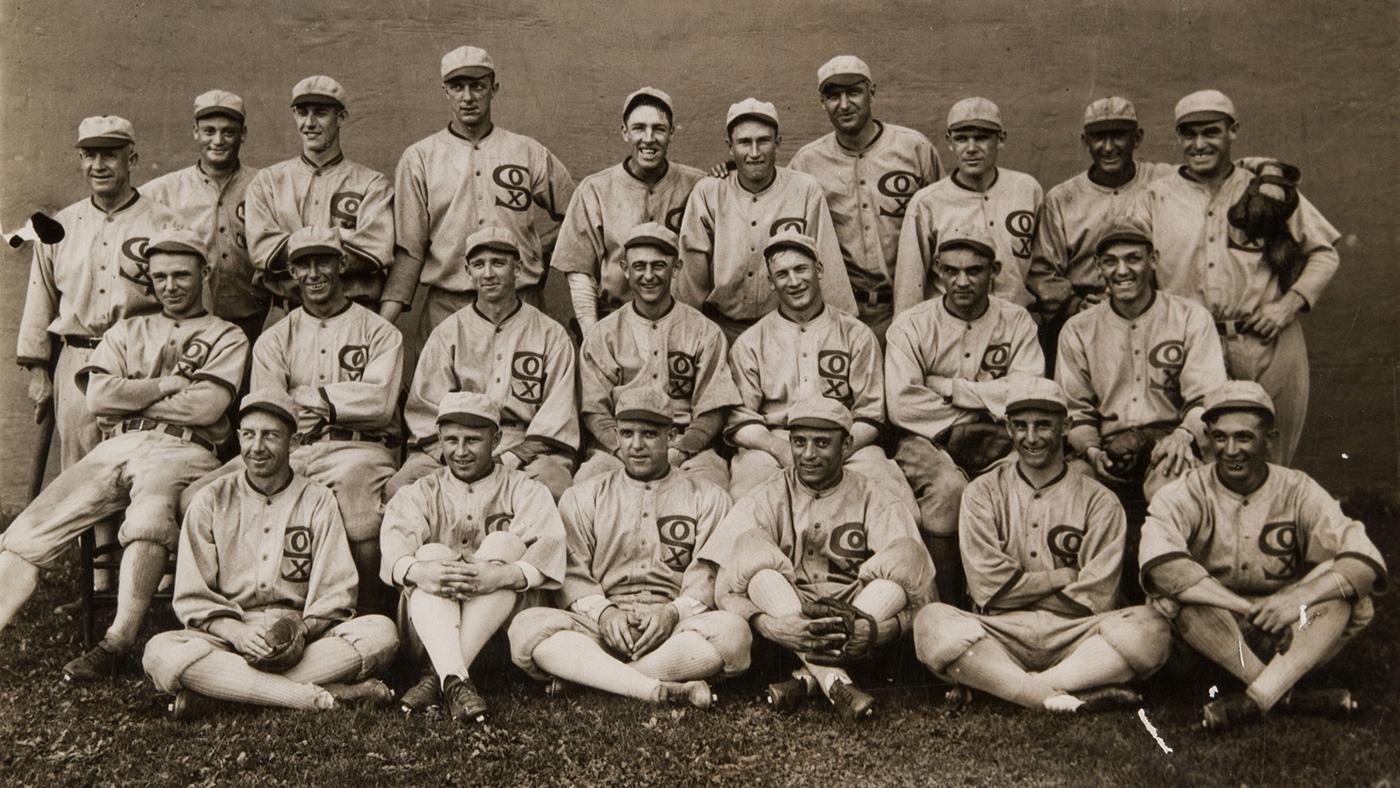
Greetings, everyone!
I hope you're all staying safe and healthy during these difficult times. You all know An Uptown Dandy as a place that focuses on the historical and the sartorial, but over the next few weeks the focus will be entirely historical! I was looking to take a break from my historical fiction writing and as I was no longer commuting into New York City from the suburbs, I had more time to listen to various podcasts on the Black Sox scandal (Infamous America, Rob Neyer, etc.), a subject which never ceases to fascinate me. Of course, because some of New York's more infamous characters from that era came to be involved in the conspiracy to fix the World Series, these posts will fit right in here!
Recently, a school of thought has emerged to counter the popular position that the Black Sox were motivated to throw the World Series by poor treatment at the hands of White Sox owner Charles Comiskey. The arguments in support of the notion that Comiskey was actually quite generous with his players were certainly compelling but perhaps because of the popularity of ESPN’s The Last Dance documentary series, I found myself wondering why no one seemed to look at the question of whether the Black Sox were underpaid using contemporary notions of what it means for a professional athlete to be underpaid, i.e. within their own clubhouse or, in this case, vis a vis their Clean Sox counterparts, in the same way that Scottie Pippen was considered cruelly underpaid vis a vis his teammates’ salaries when considering their respective contributions to the 1997-1998 Chicago Bulls.
With that in mind, I took the salary information made available by Michael Haupart and Bob Hoie (via the Society of American Baseball Research's Black Sox Committee) to evaluate the 1919 player salaries within the Black Sox and Clean Sox factions. A comparison of the salaries of the two factions will show that, to put it simply, Comiskey was more generous with the Clean Sox faction. Using WAR as an indicator of player performance that year, I then sought to determine whether the more generous pay for the Clean sox was justified. What became clear, however, was that the WAR numbers were heavily skewed in favor of the Black Sox. In other words, while the Black Sox contributed more (according to WAR) to the success of the 1919 White Sox on the field, the Clean Sox were the primary beneficiaries of Comiskey’s largesse.
Did this inverse correlation between salaries and performance on the 1919 White Sox contribute to the decision by the Black Sox to fix the Series? Obviously, we can’t say for certain. However, it doesn’t seem unreasonable to conclude that it’s entirely possible.
Over the next few weeks, I'll be posting the entirety of my analysis from a paper titled “Never Got The Big Money”: Charles Comiskey, Scottie Pippen and the American Ideal of the Underpaid Professional Athlete (Or Were the Black Sox Well-Paid? Say It Ain’t So!) I hope that you enjoy it!
Best,
Dan Flores
No comments:
Post a Comment